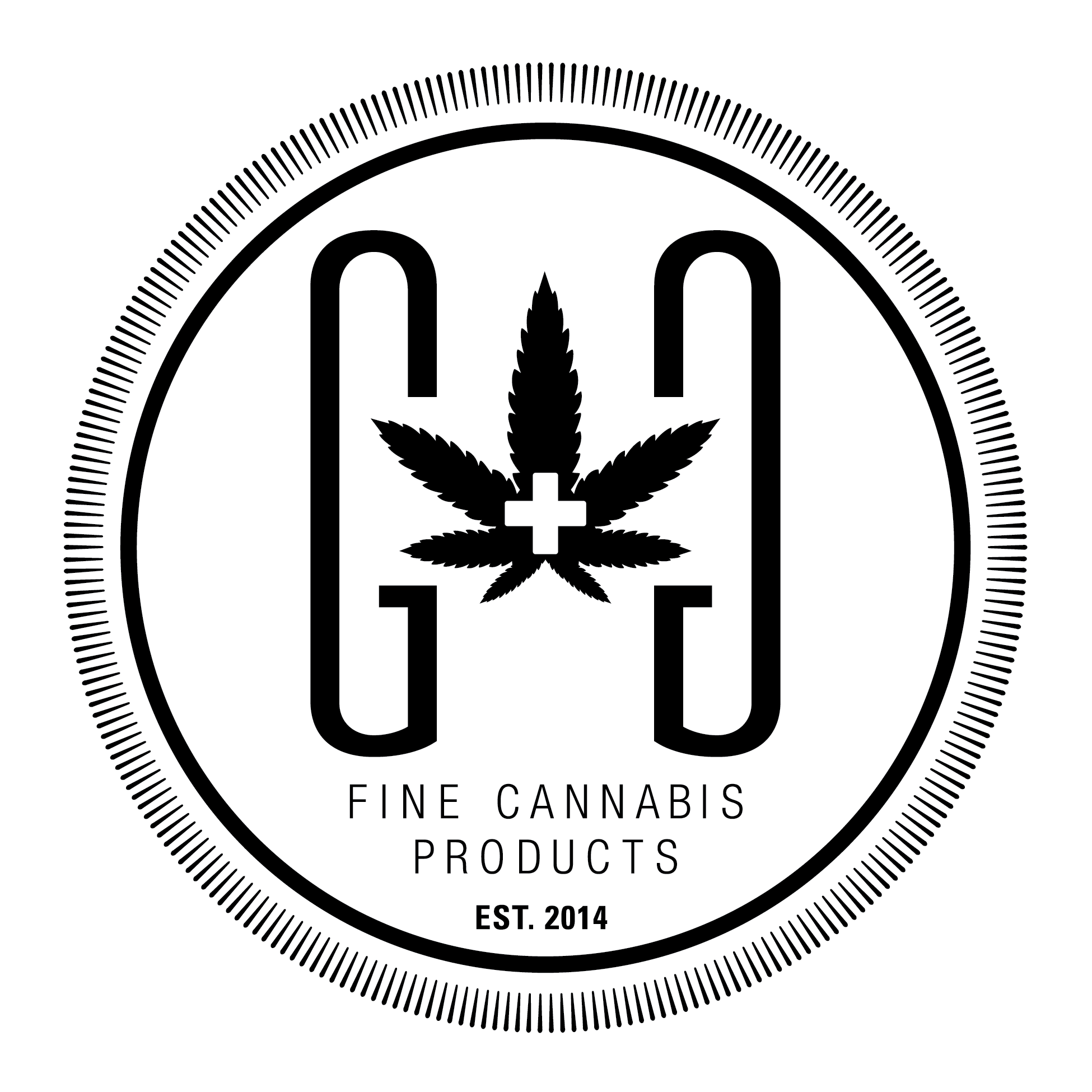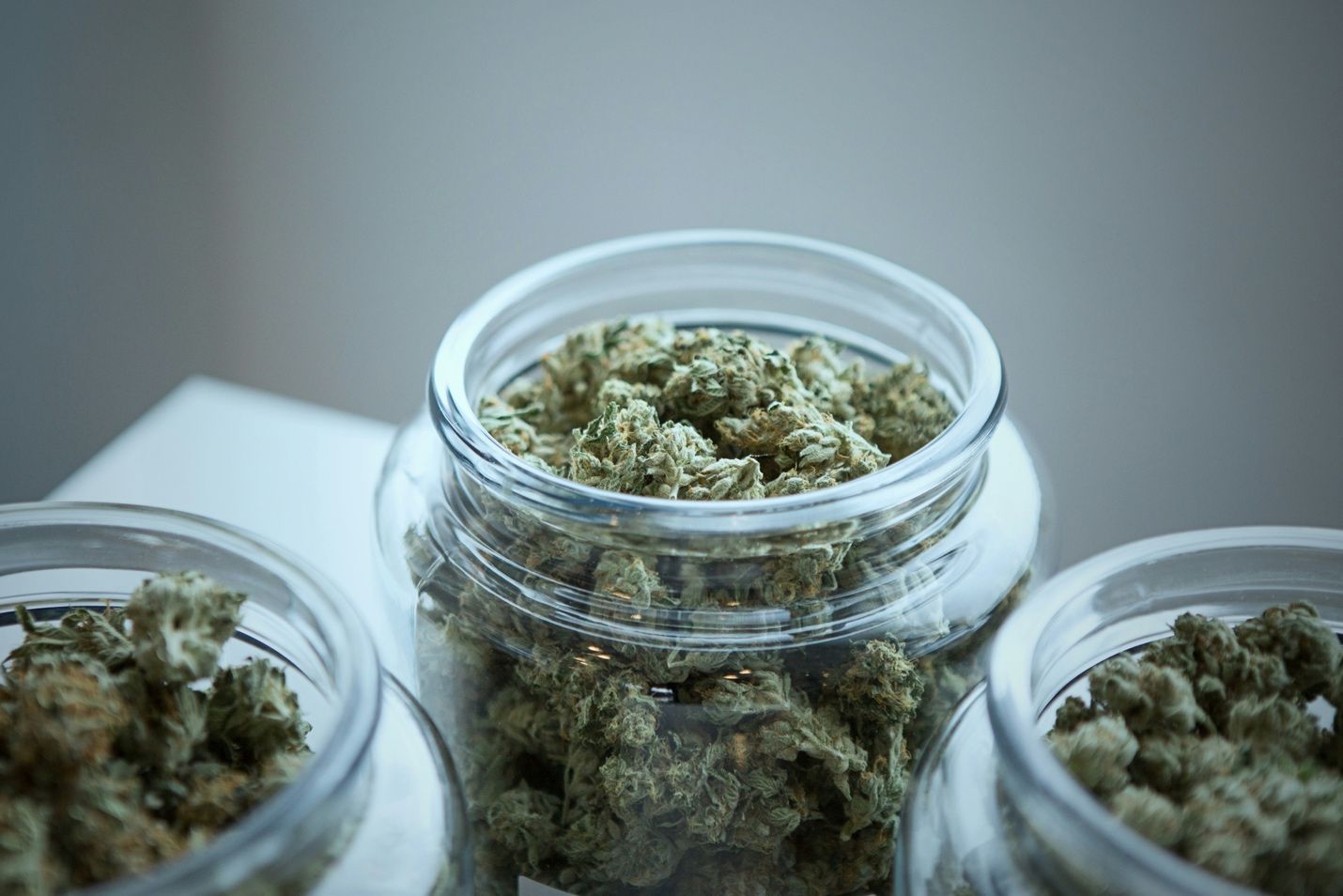If you’re new to the world of cannabis, the lingo and diverse product options can feel overwhelming. How are you supposed to pick which products to try? That’s why we’re here. Our staff at Greeley Gallery are available seven days a week to answer questions you have or make product suggestions, but we also have this blog so you can learn from home.
One of the most commonly asked questions by Greeley Gallery’s customers is, “What’s the difference between THC and CBD?” This is also perhaps one of the most vital questions because they create very different experiences. The most well-known difference is that THC is responsible for weed’s psychoactive effects, but there’s more to the answer than that.
CBD and THC Similarities
Both CBD (cannabidiol) and THC (tetrahydrocannabinol) are cannabinoids, or compounds, within the cannabis and hemp plants that interact with our endocannabinoid system. This system is involved in essential body processes, including regulating our immune system, motor control, brain development, and pain perception.
Remarkably, the two cannabinoids have the same molecular structure. Both are made of 21 carbon atoms, 2 oxygen atoms, and 30 hydrogen atoms, similar to our body’s natural cannabinoid structures. This similarity allows CBD and THC to activate the same receptors as our natural cannabinoids formed by our endocannabinoid system.
In other words, the chemical structures of CBD and THC mimic the structures of cannabinoids made by our own bodies, which allows them to infiltrate our body’s defenses. Yet, while CBD and THC are made of the same stuff, it’s how that stuff, particularly the atoms, is arranged that accounts for the differences we experience.
Key Difference Between CBD and THC
The most significant and well-known difference between the effects of CBD and THC is how they affect the brain. The molecular arrangement of THC’s structure allows it to activate or turn on cannabinoid receptors called CB1 and CB2, which affect things like our movement, body temperature, and brain function.
More specifically, THC activates our brain’s reward pathways, which releases dopamine (a feel-good hormone) and produces the psychoactive effects, or “high,” cannabis is known for.
On the flip side, CBD is not considered psychoactive to the same degree. While CBD affects the brain, it does not get us high the way THC does. This is because CBD doesn’t activate our CB1 or CB2 receptors, even at large doses. Instead, CBD helps regulate how our endocannabinoid receptors and cannabinoids interact.
More About THC
THC is the most well-known of the two cannabinoids; often, even non-cannabis consumers know of, or at least have heard of, THC and the “high” it’s known to produce. In fact, THC is so famous that it is the world’s most widely consumed illicit substance.
Genetic engineering over the years has allowed growers to increase THC levels in cannabis plants, meaning today’s cannabis flower is more potent than the weed smoked in the 1960s and 70s. This also means that you’ll want to pay attention to potency percentages when choosing herb to purchase.
If you’re new to smoking cannabis, we recommend a cannabis strain lower on the spectrum, like the Golden Goat strain, which is 22 percent THC, until you figure out your tolerance. Otherwise, a strain like Hippy Chicken, which is 39 percent THC, may produce a more potent high than you’d expect.
More About CBD
While THC is well-known for its psychoactive effects, CBD is known for its long and growing list of medicinal and holistic benefits, including calming anxiety and chronic pain. CBD is an anti-inflammatory, and has been shown to improve symptoms of multiple sclerosis, Alzheimer’s Disease, and Parkinson’s Disease. Oh yeah, and research suggests CBD is also neuroprotective, meaning it protects our brain cells from damage and can help heal the brain after traumatic injuries.
Intriguingly, research from 2022 suggests large quantities of CBD (around 44 mg) can help counteract the more intense psychoactive effects of THC by binding with other cannabinoid receptors, which prevents THC from activating them. However, the study also found that small quantities of CBD can actually intensify the effects of THC.
Final Thoughts
Here at Greeley Gallery, we understand the importance, magic, and beauty of cannabis. We value its medicinal properties and enjoy its recreational perks, and we want to ensure our customers have the best possible experiences they can have with our products. This is why we developed strong relationships with our vendors and only place high-quality and locally produced products on our shelves.
As we mentioned, our friendly and knowledgeable staff is available seven days a week, between 7 am and 10 pm, to answer your questions or make recommendations. We hope to see you soon!
Written By: Katrina Paulson



